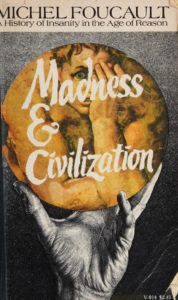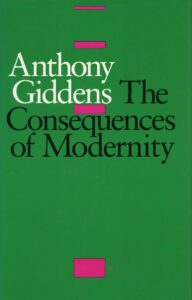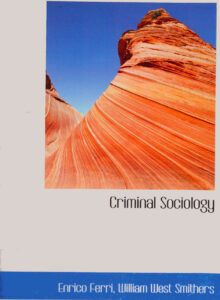Michel Foucault studied at the Sorbonne, earning his Licence de Philosophie in 1948, his Licence de Psychologie in 1950, and the Diplome de Psycho-Pathologie from the Université de Paris in 1952. He was a lecturer at the University of Upsala, Sweden, for four years, and in 1959-60 he was the Director of the Institut Francais in Hamburg, Germany. He then became a Professor and
the Director of the Institut de Philosophie at the Faculté
des Lettres in Clermont, France.
Dr. Foucault has lectured in many universities, including those in Copenhagen, Oslo, Lisbon, Madrid, Istanbul, Naples, and Brussels. He writes frequently for French newspapers and reviews and is an editor of Critique.
His three other books, published in France in 1962-63, deal with psychology and medical history. Madness and Civilization, his first book, was published in France in 1961 and won the Medal of the Centre de la Recherche Scientifique. It is his first work to appear in English.




